|
Radio, which continues to be the most used medium for mass communication in Africa, has a rich history of resistance. For example, in late colonial Angola, liberation forces used radio programmes to transmit information that was used as a weapon in the struggle for independence from Portugal. Marissa Moorman provides an outline of what’s she’s uncovered in her new book, Powerful Frequencies.
Through an intricate balance of art and technology, scientists like Kathryn Smith are able to take a CT scan of a human skull and reconstruct the face of the dead. The technique has been particularly useful in restoring dignity to the Khoi people whose bones were found in a university laboratory.
|
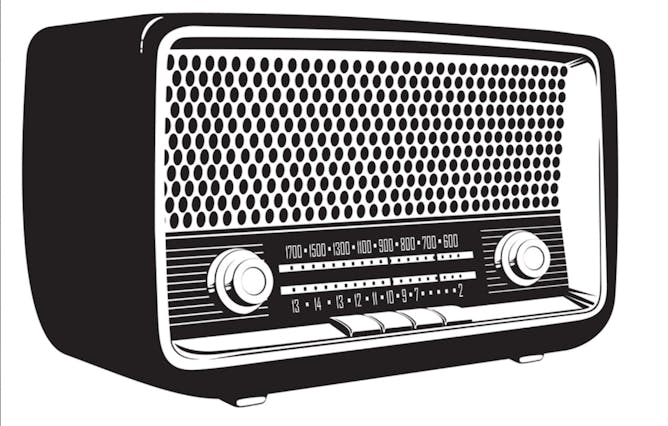
Shutterstock
Marissa J. Moorman, Indiana University
The Portuguese colonisers were not the only ones who could use radio for control. A new book tells how popular radio broadcasts from Angola's liberation fighters were used as weapons in the struggle.
|
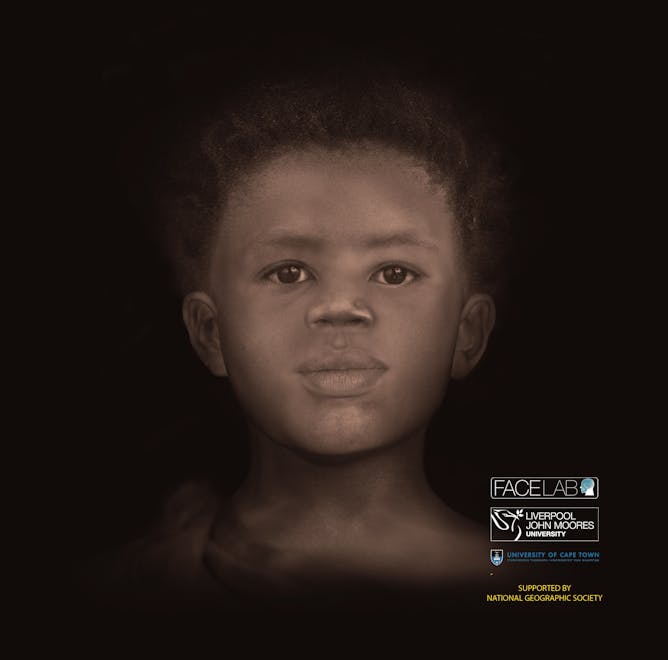
Je'nine May/UCT
Kathryn Smith, Liverpool John Moores University; Caroline Wilkinson, Liverpool John Moores University
Through science, art and technology, we are able to reconstruct the faces of the dead based on their remains. The researcher who did this work for descendants in Sutherland explains the process.
|
Politics + Society
|
-
Mercy Muendo, Daystar University
Kenya, Rwanda, and Uganda are at the forefront of the war against cyber criminals.
|
|
Business + Economy
|
-
Shingie Chisoro - Dube, University of Johannesburg; Pamela Mondliwa, University of Johannesburg
South Africa’s urgent need to create jobs requires that the country take advantage of opportunities in the global economy that it can convert into quick wins. The fruit industry presents such an opportunity…
|
|
From our international editions
|
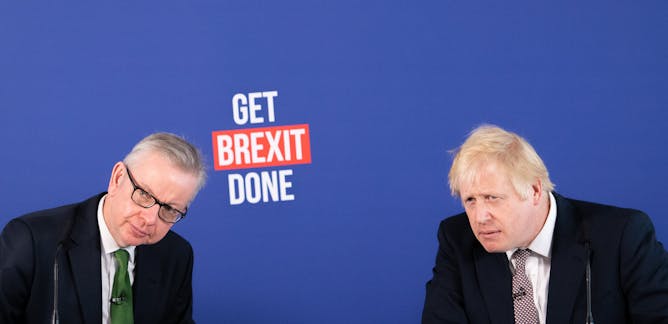
Fraser McMillan, University of Glasgow
Research from around the world shows that UK leaders are actually better at putting their pledges into action when they win office than voters think.
| |
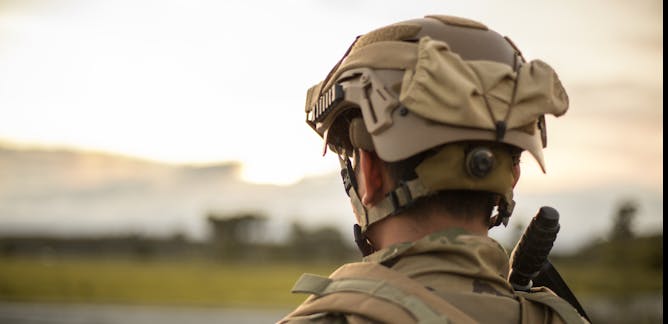
Michael E. Flynn, Kansas State University; Carla Martinez Machain, Kansas State University; Michael A. Allen, Boise State University
The Trump administration is demanding that Japan and South Korea pay more for hosting U.S. troops.
|
|
|
En français
|

Marceau Felden, Université Paris Sud – Université Paris-Saclay
Mises bout à bout, les recherches de Charles Darwin et d’Albert Einstein ont mis un terme à un dogme vieux de deux mille ans : celui de l’invariance absolue des mondes vivant et céleste.
| |
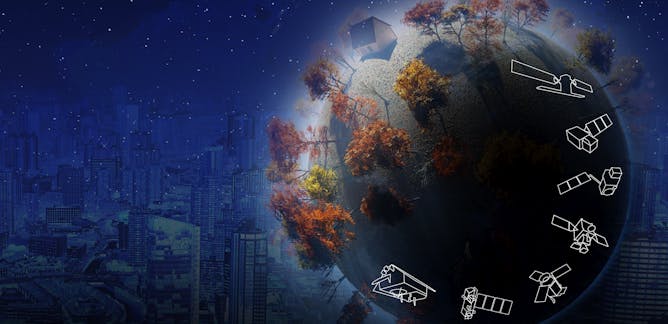
Cathy Clerbaux, Sorbonne Université; Jean-Noël Thépaut, Météo France
Le programme européen Copernicus combine des mesures au sol et par satellite pour surveiller les causes et conséquences du changement climatique.
|
|
|